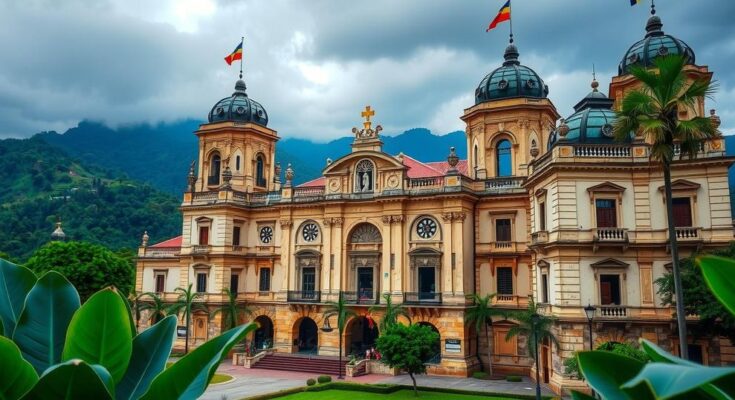The Inter-American Court of Human Rights has ruled that Guatemala is responsible for the forced disappearances of four Indigenous human rights activists in 1989. The court mandated the government to investigate these cases and provide compensation to the victims’ families, highlighting the legacy of impunity from human rights violations during the Guatemalan civil war.
The Inter-American Court of Human Rights has delivered a profound ruling, holding the Guatemalan government accountable for the 1989 forced disappearances of four Indigenous human rights activists. These men, Agapito Pérez Lucas, Nicolás Mateo, Macario Pú Chivalán, and Luis Ruiz Luis, were snatched from their beds after being threatened by government forces, highlighting the pervasive climate of impunity that shrouded Guatemala during its civil strife. The court’s verdict called for a thorough investigation into their disappearances and urged the government to compensate their families, emphasizing the need for justice amidst the country’s painful history. This decision follows decades of silence and negligence regarding human rights abuses endemic to Guatemala’s tumultuous past. While the civil war raged and sowed suffering among the population, these activists worked tirelessly for Indigenous rights, only to become victims of the very forces they challenged. Their legacy, haunting yet inspirational, calls to mind the thousands who perished or disappeared in a conflict that left an indelible mark on the nation. The court’s ruling not only dubs the government responsible but demands action—a pivotal step towards addressing the injustices that plagued this beautiful country.
The disappearances of the four activists occurred during a turbulent time in Guatemala’s history, marked by a brutal civil war that lasted 36 years, leading to the deaths of over 200,000 people and the disappearance of approximately 45,000. The activists were affiliated with the Runujel Junam Council of Ethnic Communities, striving to protect the rights of the Indigenous population amidst threats from government forces. This ruling serves as a critical moment in the ongoing struggle for justice, highlighting the need for accountability in a landscape where many perpetrators have evaded consequence for their actions.
The Inter-American Court’s ruling symbolizes a beacon of hope for the families of the victims and advocates for human rights in Guatemala. By placing the onus on the government to investigate and compensate the families, it shines a light on the shadows of impunity that have lingered since the civil war. As Guatemala continues to grapple with its painful past, the acknowledgment of these injustices is a crucial step towards healing and reconciliation within the society.
Original Source: abcnews.go.com



